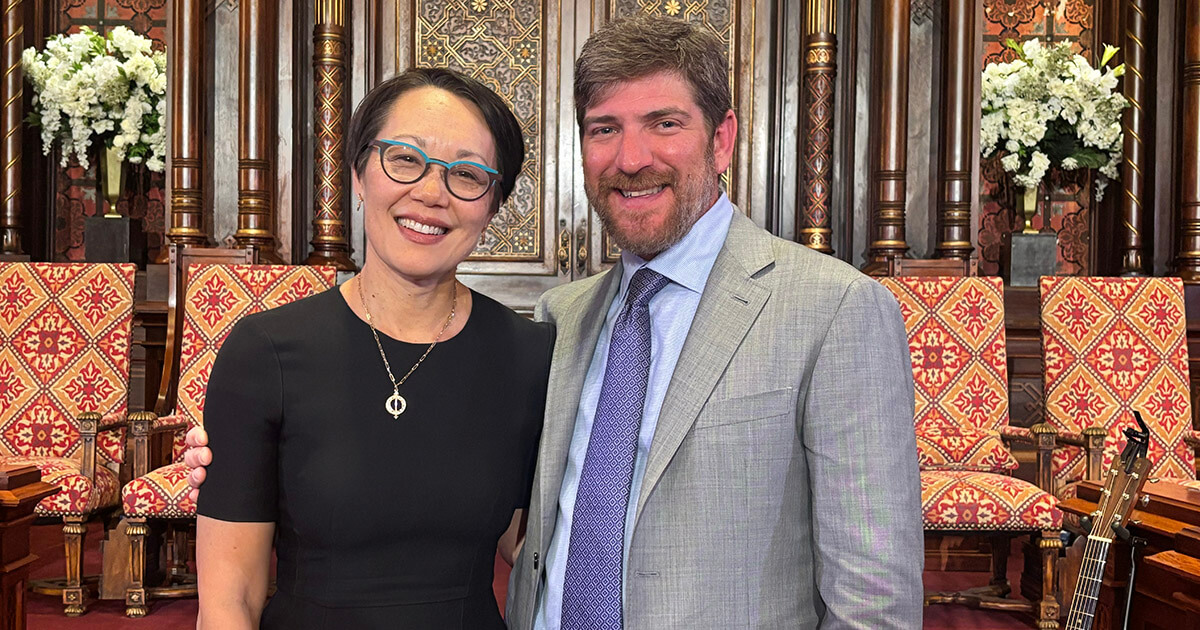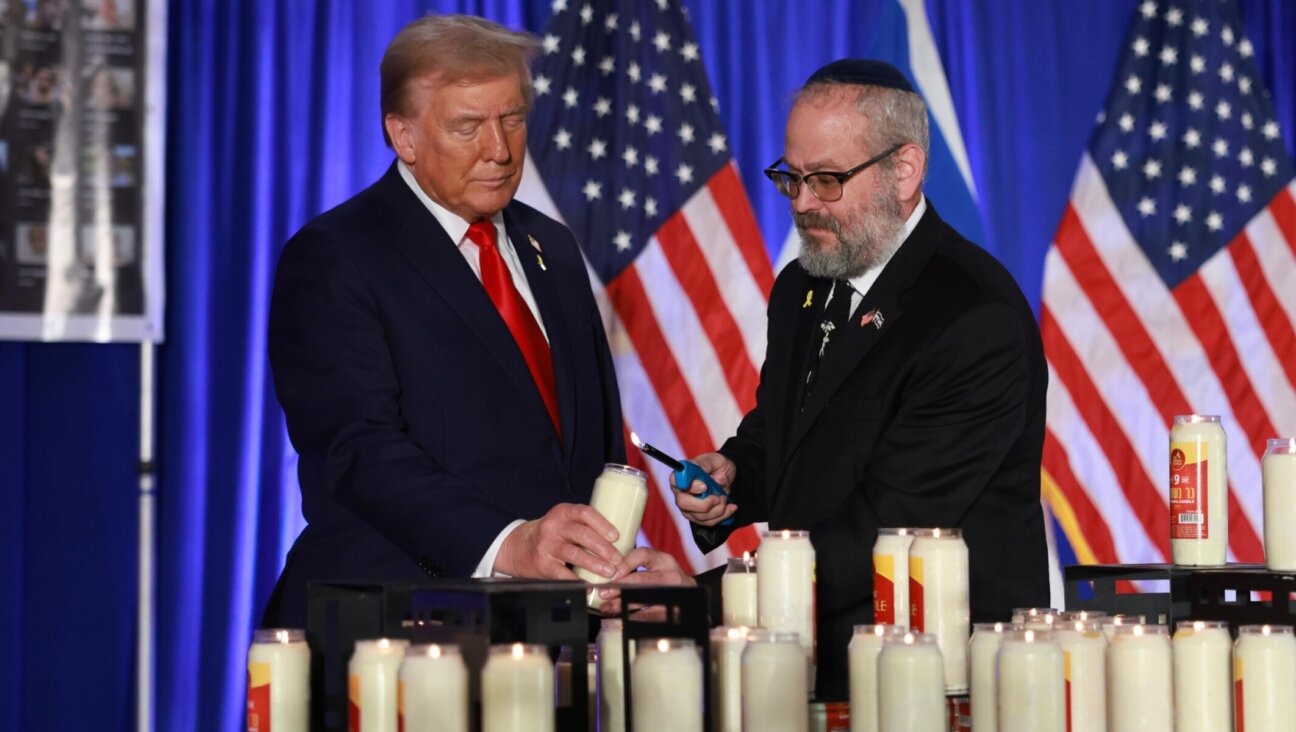Iran Nuclear Talks Resume as Deadline Looms

Graphic by Angelie Zaslavsky
Senior U.S. and Iranian officials said hard work was still needed as they met in Vienna on Saturday for what could be their final negotiations to bridge significant differences on an agreement to curb Iran’s nuclear program.
With a self-imposed deadline approaching on Tuesday, both sides emphasized that major obstacles remained to finalizing a deal under which Iran would cut back its nuclear program in exchange for relief from economic sanctions.
“We have a lot of hard work to do. We have some very tough issues,” U.S. Secretary of State John Kerry said according to a State Department draft transcript.
“I agree. Maybe not on the issues. But on the fact that we need to work really hard in order to be able to make progress and move forward,” Iranian Foreign Minister Mohammad Javad Zarif was cited as saying in the transcript.
Nonetheless, Kerry also said he was “hopeful” of a successful outcome. His meeting with Zarif ended after 90 minutes.
The main differences are on the pace and timing of sanctions relief for Iran in return for its steps to restrain its nuclear program and on the nature of monitoring mechanisms to ensure Tehran does not cheat on any agreement.
The United States, Israel and some Western nations fear that Iran has been trying to develop a nuclear weapons capability but Iran says its program is for peaceful purposes only.
In addition to Iran and the United States, the talks include Britain, China, France, Germany and Russia. Foreign ministers from all the nations, as well as the European Union foreign policy chief, are expected in Vienna in the coming days.
The coming days could be extremely difficult and talks could go over the deadline by at least two or three days, a senior Western diplomat said on condition of anonymity.
In November, the seven nations involved in the talks set a late March deadline for a framework agreement, which they ultimately reached on April 2, and a June 30 deadline for a comprehensive deal.
The real deadline is not June 30 but July 9, diplomats say.
The U.S. delegation must present the deal to Congress by July 9 if a mandatory congressional review period before President Barack Obama can begin suspending sanctions is to be limited to 30 days. After July 9, the review will last 60 days, according to a law passed recently by U.S. legislators.
Negotiators involved in the talks fear that such a lengthy delay, which would also hold up the cancellation of United Nations nuclear-related sanctions by the U.N. Security Council, would be too long and would create the opportunity for any deal agreed in Vienna to unravel.














